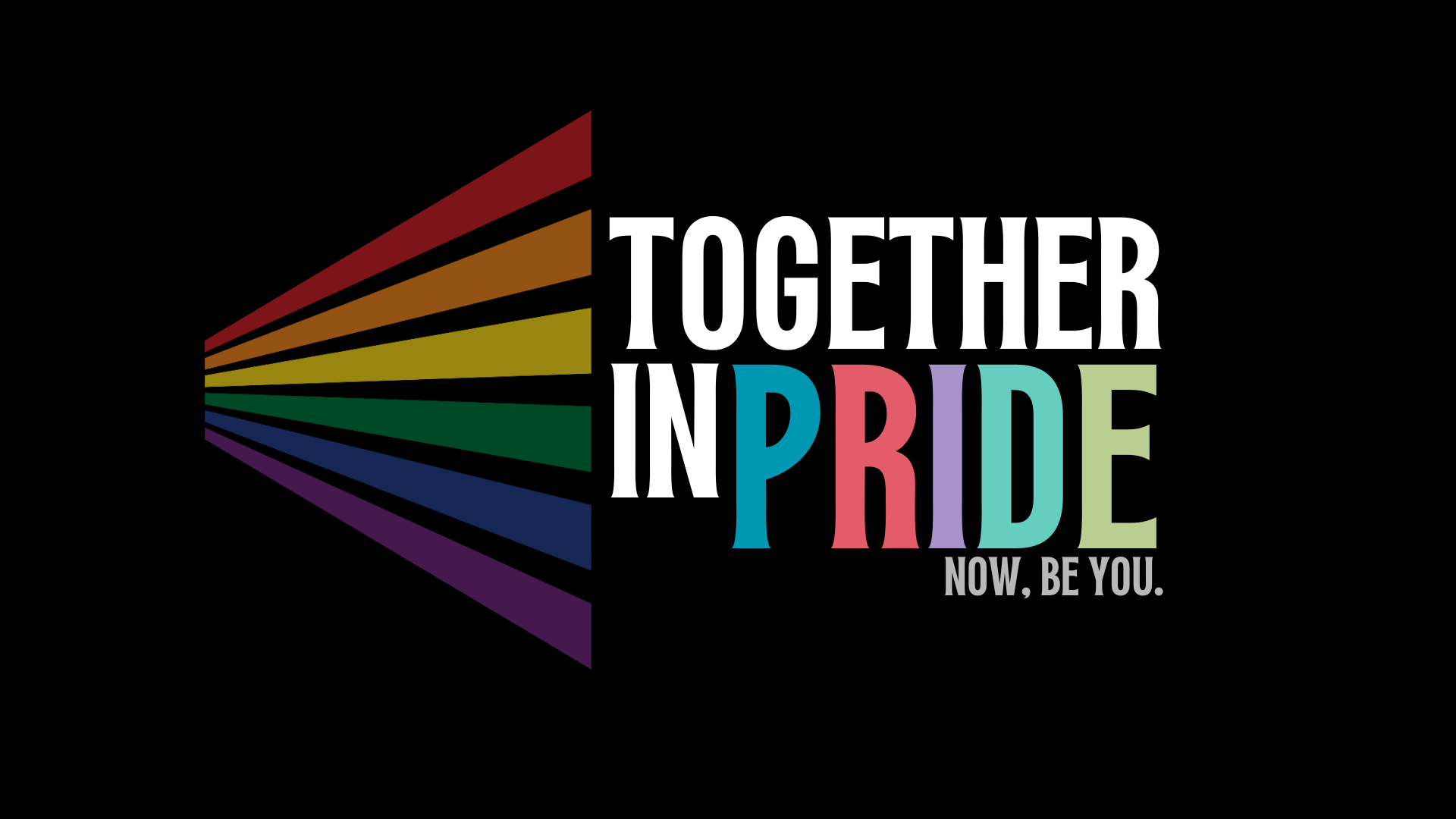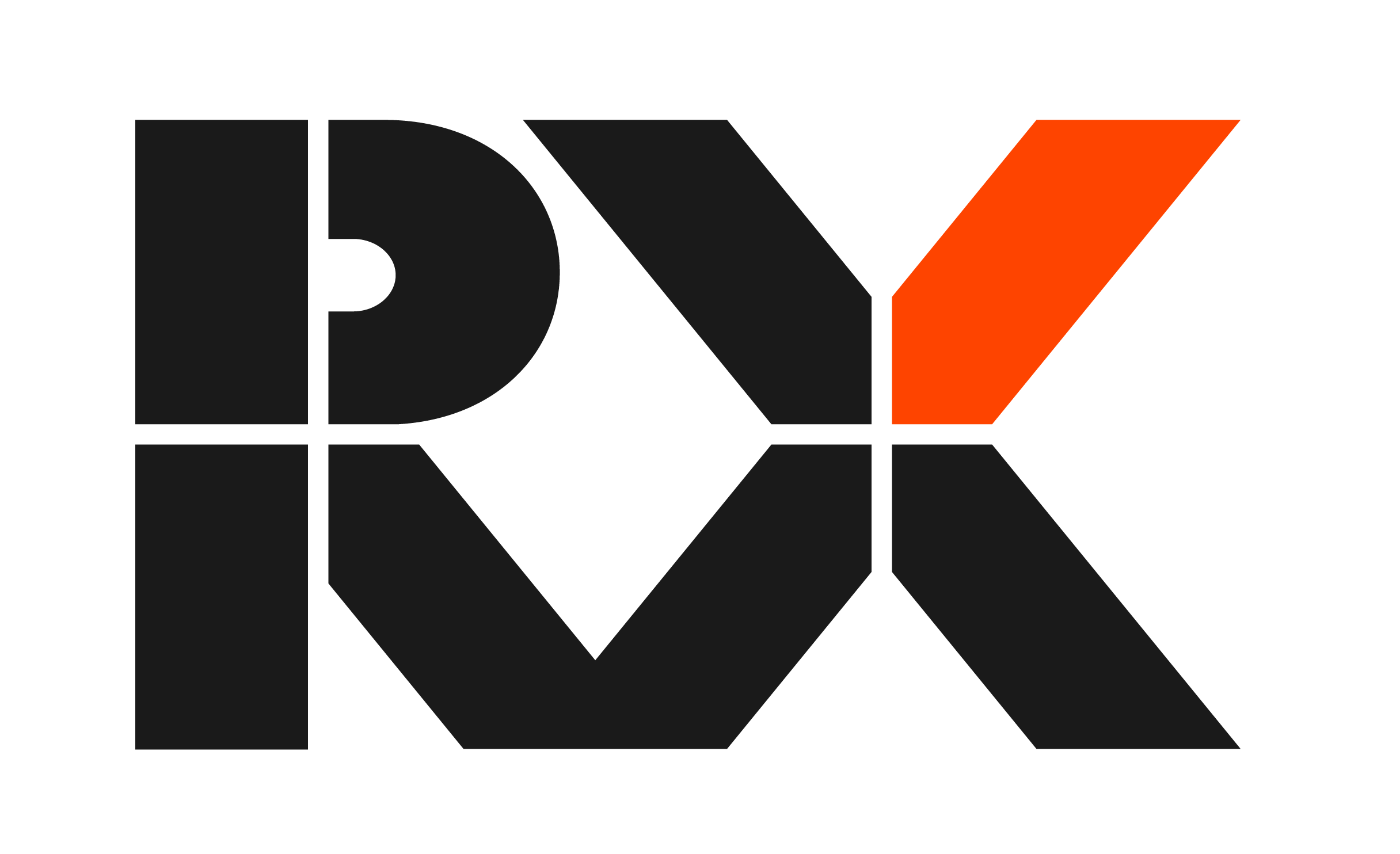
We’re thrilled to support our LGBTQIA+ RXers and allies, creating an inclusive, safe, and respectful community. Be inspired by the powerful voices within RX as they share their personal stories on Pride and allyship.
Let's stand #TogetherInPride!
Emma Riley
Programme, Governance & Operations Manager, RX UK

What does Pride Month mean to you?
"Having been arrested and forced out of the Royal Navy in 1993 because of my sexuality, being part of an inclusive workplace culture like RELX and RX's is amazing. I was a part of changing the UK law in 2000 to allow gay people to serve in the Military so Pride, as a protest and a celebration, is incredibly important to keep that progress alive. 25 years after I was thrown out, I walked in London Pride with RELX - a hugely significant moment for me. Having suffered that institutional bullying and exclusion, marching in celebration with my colleagues was very healing."
In what ways do you feel empowered as an LGBTQ+ employee or ally at RX?
"RX has given me many opportunities to be an internal role model for the LGBTQIA+ community from involvement in Pride panel discussions to have the RE Cares time to support my work with the charity Diversity Role Models who's mission is to end LGBTQIA+ bullying in schools. However, the most incredible example is that RX nominated me for a British Diversity Award as Hero of the Year which I was proud and humbled to win! RX champions people who represent all kinds of diversity and these people are visible at all levels of the business. That visibility is so important to show that success is possible whatever part of humanity you belong to - you can't be what you can't see."
Have you felt a strong sense of unity within RX regarding LGBTQ+ inclusion?
"The Proud to be RELX mentoring program was wonderful. I have been part of the RELX group for 24 years so to have the opportunity to mentor new LGBTQIA+ members of our workplace was fantastic. It allowed me to share how inclusive, safe and supportive the group is and how it has supported and championed me."

Allison Honkofsky
Strategic Account Manager, RX Australia

What does Pride Month mean to you?
"Being new to the corporate world, I was anxious about the ability to be my authentic self in this new work environment. The relief I had feeling the inclusivity of RX has made all the difference. Honoring Pride Month is just one piece of keeping acceptance at the forefront of everything we do - both in our personal life and workplace."
In what ways do you feel empowered as an LGBTQ+ employee or ally at RX?
"During my time with Pride ERG, I have written a few articles in the monthly newsletter. The very first was about my personal experience transitioning to RX and how open and welcome my managers and colleagues were. When the article was released, along with a photograph of my beautiful family, individuals from across our global community reached out in support. I had never, certainly not unsolicited, received some a beautiful welcome."
Have you felt a strong sense of unity within RX regarding LGBTQ+ inclusion?
"I have only been with the company for one short year. However, in my brief time I have experience a tremendous sense of unity and inclusion. A fantastic example is how my team, supervisors, and extended RX family have been eager and excited to meet my partner, learn about my children and genuinely show interest in my life outside of work. What a gift to feel included and cared for, even with a non-typical family dynamic."
I think I would like to take the road less traveled here and share my version of joy in my coming out and living experience. Although I am abundantly aware that my story is not the norm, I am constantly humbled by having the coolest, hippy father in my affluent town - where no one was out in high school. But for me, when my entire high school found out I had my first girlfriend at the ripe age of 15, it only helped make me more a novelty. Fast forward to my days of being a college athlete and coach - having children and seeing them run around the field with my spouse at the time coaching alongside me. And never, and I mean never, dealing with any ramification around my same-sex lifestyle. I share this only, not to brag, but to convey that there are easy roads in this journey, too. Not all are painful or sad. So, if you have a friend, daughter, sibling who comes out - share with them that there's joy in the journey, too.

Charlie Oxford
Sales Manager BCB Promoting Services, RX Germany

What does Pride Month mean to you?
"The sad realism is that we don't have to look back in history as we are experiencing real struggles right now around the world in every country. I am filled with both sadness and hope, because what do we have if not hope and this is what Pride holds for me."
In what ways do you feel empowered as an LGBTQ+ employee or ally at RX?
"I am a non-binary trans masc human and I am so grateful for the amazing humans I work with who are showing active allyship by holding others accountable around them by correcting any mistakes with my pronouns. This means I can breathe easily knowing others have my back and I can feel safe."
Have you felt a strong sense of unity within RX regarding LGBTQ+ inclusion?
"I have always felt welcome here and to return back to RX like a boomerang, sorry for the pun, and feel just as supported has been amazing. Many people had known me under a different name, pronouns and expression and all these people have treated me no differently. It's a beautiful family and that's community, excepting people for who they are."

Niccolò Claudini
International Agent Manager, RX Italy

What does Pride Month mean to you?
"Pride month means celebrating all love is special and to be cherished, no matter who you are. It is a constant reminder that there was and there is still a struggle behind social acceptance and we all must not take rights for granted. It feels great to work in RX and feel this sense of belonging is appreciated and encouraged."
In what ways do you feel empowered as an LGBTQ+ employee or ally at RX?
"RX is a breath of fresh air among other companies, I always feel encouraged and supported to discuss about these topics and freely talk about them with my colleagues. Reflecting more on a more appropriate language to be used with customers and colleagues and paying attention to the exhibition content leads to less rushed replies and overall a more pleasant and respectful environment."
Have you felt a strong sense of unity within RX regarding LGBTQ+ inclusion?
"I always felt a strong sense of unity within RX, we are always invited to welcome LGBTQ+ people and allies alike into our business and share together experiences and feedbacks. RX pledged to make our events more and more inclusive and raise the sense of belonging and safety for our colleagues. Every action counts!"
In my personal experience when people ask me if there is a need to celebrate Pride Month I found out that they are more engaged in listening about LGBTQ+ rights if they are presented with the historical context; sharing facts and show the efforts paid by who came before us put people in the right perspective to continue what others started: building an inclusive community of acceptance and love.

Marina Kelly
Sales Manager BCB Promoting Services, RX Germany

What does Pride Month mean to you?
"For me, Pride month stands for remembering social grievances and discrimination but also celebrating successes for the LGBTQ+ community. It is an ongoing journey, we have made progress but also setbacks. I'm proud that RX provides a safe space and ensures the community and allies get visibility as it continues to matter"
In what ways do you feel empowered as an LGBTQ+ employee or ally at RX?
"On my first day of work after returning to RX, I was immediately asked if I would like to be part of the Global Pride committee. This showed me that it is not only accepted to be openly gay, but that there is serious interest in working together on important projects for the LGBTQ+ community in the work environment. Even in my previous 9 years working at RX, I have never experienced anything negative at work living the way I live"
Have you felt a strong sense of unity within RX regarding LGBTQ+ inclusion?
"The normality in dealing with the LGBTQ+ community at RX has always excited me and made me feel comfortable. I was thrilled that RX's participation in some pride parades is now sending a clear sign of support to the outside world. I sincerely hope that one day this will be possible in all countries"
All LGBTQ+ topics and the entire community are treated so differently globally that there is still a long way to go to ensure equality, acceptance and safety. RX as a global company has the strength and ability to make major contribution to draw attention to this - internally and externally. Let's use this!"





